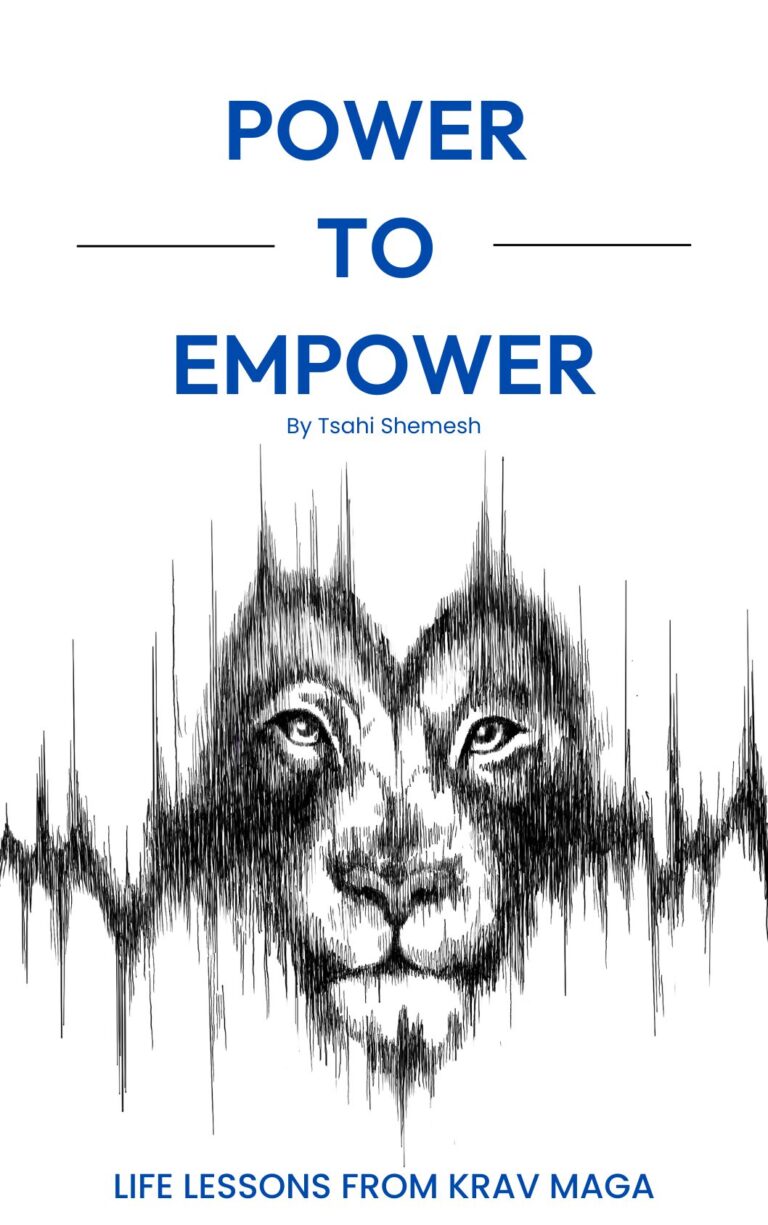Moral Strength in the Face of Impossible Choices
This week, another prisoner exchange deal between Israel and Hamas has been set into motion. Many have asked my opinion on such a deal. The answer is far from simple because these exchanges touch deeply on the ethical foundations of Israeli and Jewish values.
To explain, let us revisit the context of this issue.
The Hostage Crisis in Israel
On Saturday morning, October 7, 2023, during the holiday of Simchat Torah, a massive and unprecedented attack unfolded against Israel. It began with a barrage of 4,300 rockets and mortar fire targeting the south and central regions of the country. Under the cover of the missile strikes, approximately 6,000 terrorists infiltrated Israel by land, air, and sea. The devastation was catastrophic: 1,163 people, mostly civilians, were murdered, with 1,940 others injured, including 360 in critical condition. This was the deadliest single terror attack in Israel’s history.
During this onslaught, a massacre occurred at the Nova music festival near Kibbutz Re’im, and countless acts of unspeakable cruelty followed. Civilians were tortured, abused, and kidnapped. Among the abductees were 251 people, including children, women, the elderly, and soldiers, dragged into Hamas’ underground tunnels in Gaza. Israel, shaken to its core by systemic failures in intelligence and leadership, launched a war to bring these hostages home.
As of this writing, 94 hostages remain captive. Most of those returned have been freed through prisoner exchange deals. But these deals raise critical questions about who is being exchanged. On one side are innocent civilians, children, women, and elderly people, none capable of harming anyone. On the other side are over 1,300 convicted terrorists: murderers, rapists, and criminals, revered as cultural heroes by Hamas and their society.
Many of these terrorists were responsible for heinous acts that shattered Israeli families, murdering children in cold blood. For the bereaved families, seeing these perpetrators walk free and return to Gaza amidst celebrations is a harrowing experience. It is an image that should unsettle anyone with a moral conscience, regardless of religion or background. Evil, in its absolute form, transcends cultural or national context. Those who murder children and innocent civilians do not deserve to be glorified.
The Painful Reality of These Deals
For the bereaved families, such deals reopen wounds that never fully heal. Yet, as Jews and Israelis, we place the sanctity of life and the value of redeeming captives above vengeance or justice. This moral principle is ingrained in our collective ethos.
It is important to note that many of the released terrorists will likely not grow old peacefully. Israel’s intelligence services will, sooner or later, bring them to justice again. The tragic irony is that such deals pose a clear and present danger to Israel’s national security, with over 50% of released terrorists returning to terrorism. Still, Israel proceeds with these exchanges. Why?
The answer lies in a single word: “Acharai!”
“Follow Me!”: A Core Israeli Value
It is not a call to follow on social media. It is a real call to neglect self-preservation and protect others. In Hebrew, it actually means- “Come after me,” – meaning – I go first and take the biggest risk.
“Acharai!” is more than a command; it is a deeply rooted ethos in Israeli culture, symbolizing leadership through personal example. It originates in the Israeli military, where commanders lead by actions rather than orders. In the Israel Defense Forces (IDF), a commander is expected to be the first to risk their life, to step onto the battlefield, inspiring their soldiers to follow.
This approach reflects profound responsibility and solidarity. A commander does not demand anything they wouldn’t do themselves.
The Psychological Impact of “Follow Me!”
When young Israelis hear the command “Acharai!” during their military service, they know their commander will not recklessly endanger their lives. They also know that, no matter the cost, every effort will be made to bring them home whether walking, carrying on a stretcher, or even in a coffin. No one is left behind.
This unspoken promise underpins the trust between Israeli soldiers and their commanders. It doesn’t eliminate fear, but it empowers individuals to act despite it. The assurance that someone will always have your back fosters a sense of unity and strength.
The Ethical Dilemma of Hostage Deals
When the Israeli government approves such prisoner exchanges, it is not merely making a strategic decision; it is safeguarding the ethos of “Acharai!” Refusing a deal would erode the foundational trust that no soldier or civilian will be abandoned. Israelis understand this, but so do their enemies. Hamas exploits this value, knowing that for Jews, the sanctity of saving lives outweighs the desire for retribution or punishment.
This is not to suggest that the need for justice is diminished. It’s simply that there is something even greater at stake.
Leadership Beyond Logic
Objectively, these deals defy the logic of national security. They endanger future lives, as many of the released prisoners will resume terrorist activities. Yet Israel’s willingness to make these sacrifices embodies the profound value of human life in Jewish and Israeli culture. It reflects a commitment to moral principles that are not contingent on convenience or practicality.
“Acharai!” ensures that leaders don’t just command but lead by example, even when the path is fraught with danger and uncertainty. This value has shaped Israel’s identity, both on and off the battlefield.
The Price of Moral & Ethics
The “Acharai!” ethos does not come without a price. Bereaved families must endure the unbearable sight of their loved ones’ murderers returning to freedom. Israeli society bears the collective weight of knowing that these deals may fuel further violence. Yet, the alternative abandoning hostages to their fate is a moral compromise that Israel cannot accept.
This ethos is not about diminishing the need for justice but about prioritizing life above all else. It’s an ethos that demands sacrifice but also inspires hope and resilience.
Israel shall relentlessly pursue its enemies, ensuring they are held accountable and cannot harm innocent civilians again. Justice will find those who commit atrocities, whether today or in the future. Yet, at the heart of Israel’s decisions lies a deeper moral obligation: the unwavering commitment to its own people. Protecting women, children, the elderly, and men is not just a responsibility; it is a defining value.
Even when the world fails to see the harm in releasing terrorists, for Israel, the sanctity of life takes precedence. These deals are not a sign of weakness but of moral strength. They reflect the ethos of “Follow Me!”—a leadership principle that values solidarity, sacrifice, and the assurance that no one is left behind. In the face of impossible choices, Israel’s moral compass remains steady, guided by its enduring promise to protect and cherish life, no matter the cost.
Do something amazing,
Tsahi Shemesh
Founder & CEO
Krav Maga Experts


It’s always enlightening to read your posts albeit sometimes it reignites an anger and rage I feel towards those who commit atrocities like what your people have experienced and are still experiencing. I’ve lost a bunch of fair weather friends after 10/07 because I find it utterly bizarre and disturbing how they can support a terrorist group under the guise of their distorted perception of “moral imperative” to defend the “underdog”. Hamas is in no way an underdog and their objective has been clear . To eliminate all Jews. The very definition of the word genocide that they project Israel is doing. It is disheartening to see the unfair way the Jews are judged but I always pray to hashem to deliver you all from all the suffering and to protect Israel just like what He has promised in the scripture.
Thank you, Marie.
It would be a wise collective advice for humanity to follow – “when someone show you who they are, believe them.”
Most people don’t follow this logic and assign western values to terrorists, because they can’t really fathom how bad they can be.